关于战争的外国诗歌大全集
The Introduction to War Poetry
War poetry is a genre of literature that encompasses poems about war, its effects, and the experiences of those involved in armed conflicts. It serves as a powerful medium for expressing the horrors, struggles, emotions, and realities of war. Throughout history, many renowned poets have used their craft to capture the devastation and human cost of warfare. Here is an introduction to war poetry in English literature:
War poetry has been written for centuries, dating back to ancient civilizations such as the Greeks and Romans. However, it gained significant prominence during the World Wars of the 20th century. Poets were inspired to document the brutality and futility of war, as well as the heroism and sacrifices of soldiers on the front lines.
War poetry often explores themes such as:
- Death and Destruction: Poets vividly depict the carnage and devastation caused by war, highlighting the human cost and tragedy.
- Heroism and Sacrifice: The courage and sacrifices of soldiers are celebrated through poems that honor their bravery and selflessness.
- Trauma and Suffering: The psychological and emotional toll of war on soldiers and civilians is a common theme, addressing issues such as PTSD and survivor's guilt.
- Patriotism and Nationalism: Some war poetry reflects themes of national pride, duty, and loyalty to one's country.
- AntiWar Sentiments: Many war poems convey pacifist or antiwar messages, questioning the justifications for conflict and advocating for peace.
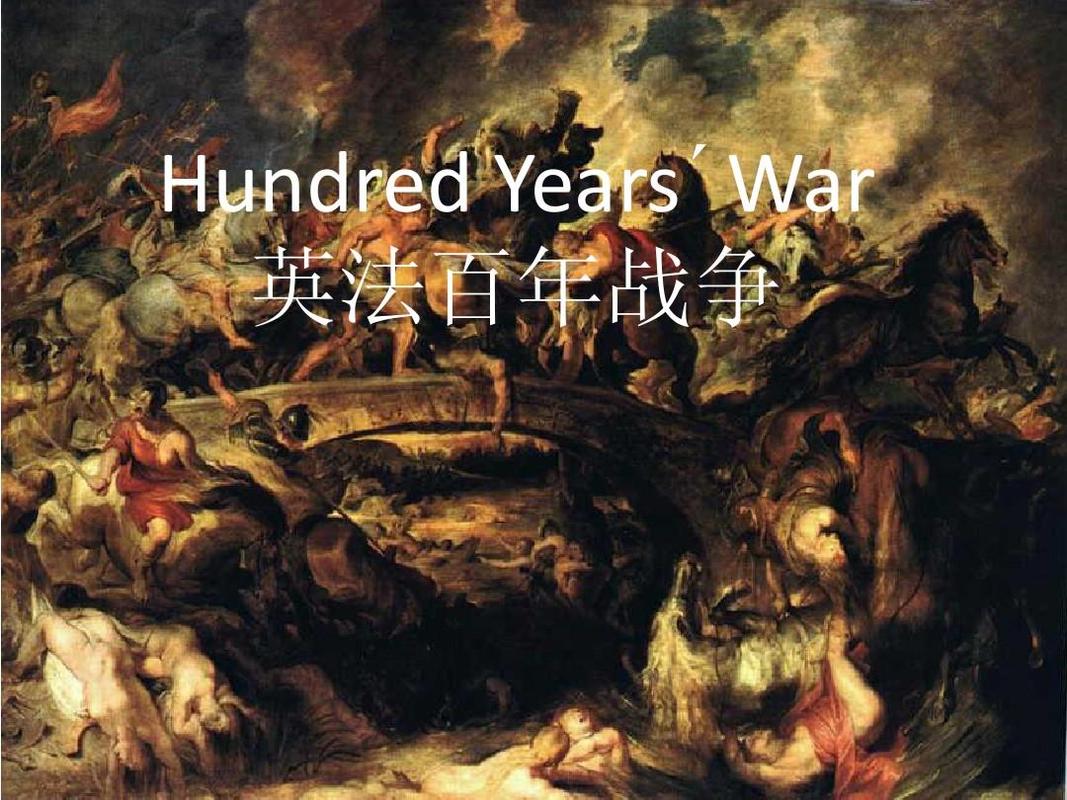
Several poets have become synonymous with war poetry due to their powerful and poignant verses. Some of the most famous war poets include:
- Wilfred Owen: A British poet known for his graphic depictions of World War I and the emotional impact on soldiers.
- Siegfried Sassoon: Another British poet who wrote about the horrors of trench warfare during World War I and criticized military leadership.
- Rupert Brooke: An English poet whose work celebrated patriotism and the sacrifices of soldiers in World War I.
- Anna Akhmatova: A Russian poet who captured the suffering and endurance of the Russian people during wartime, particularly in World War II.
- Langston Hughes: An American poet who addressed issues of race, segregation, and the African American experience in his war poetry.
War poetry has had a profound impact on literature, society, and politics. It serves as a reminder of the human consequences of war, influencing public perceptions and attitudes towards armed conflicts. Through their words, war poets have immortalized the experiences of those affected by war and provided a voice for the voiceless.
In conclusion, war poetry continues to be a poignant and relevant form of literature that sheds light on the complexities of war and its aftermath. It conveys the raw emotions, personal narratives, and universal truths of conflict, urging readers to reflect on the realities of war and strive for a more peaceful world.

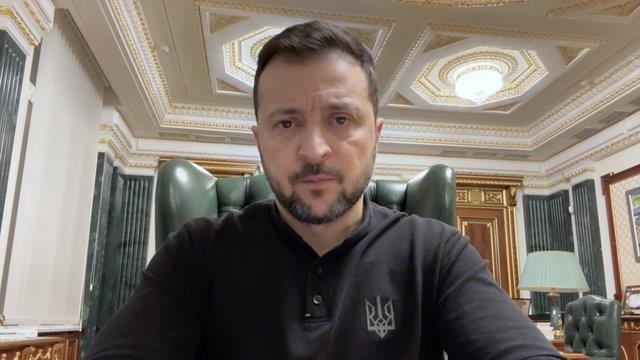







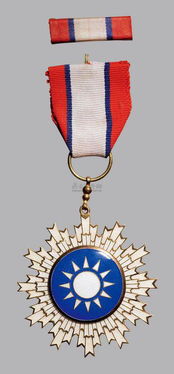
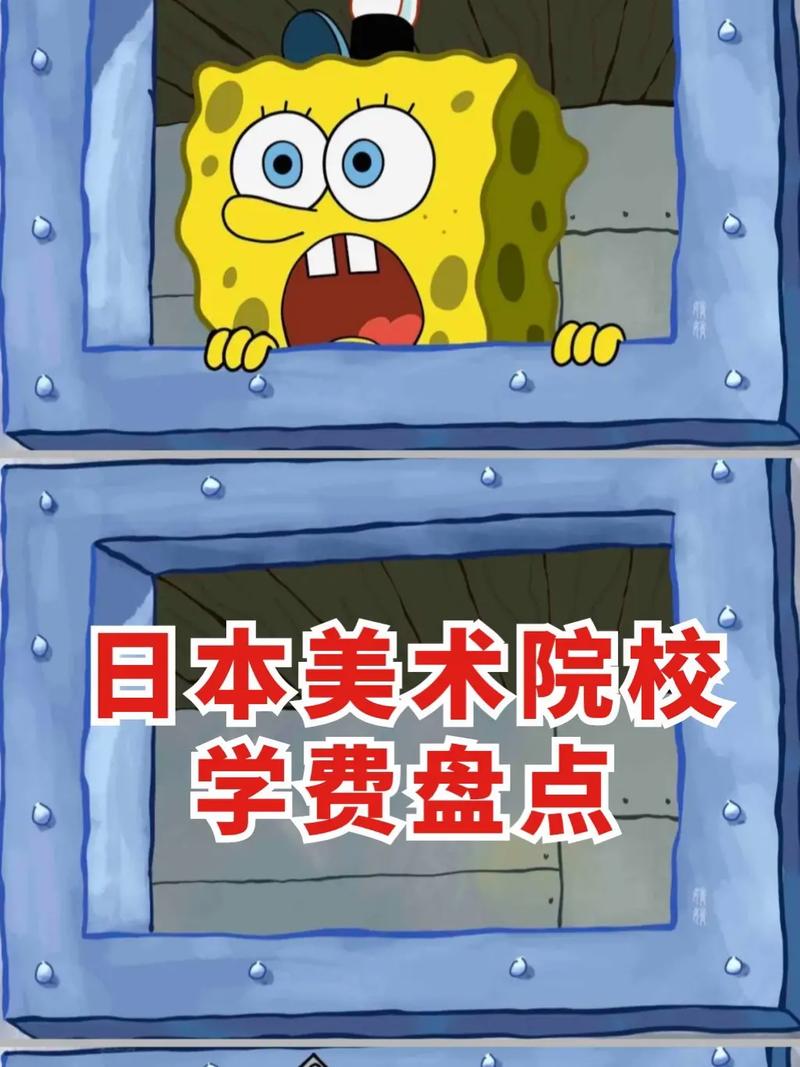
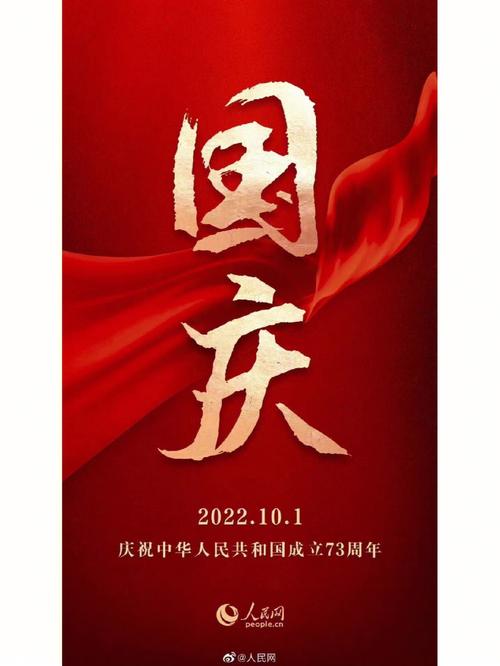
评论